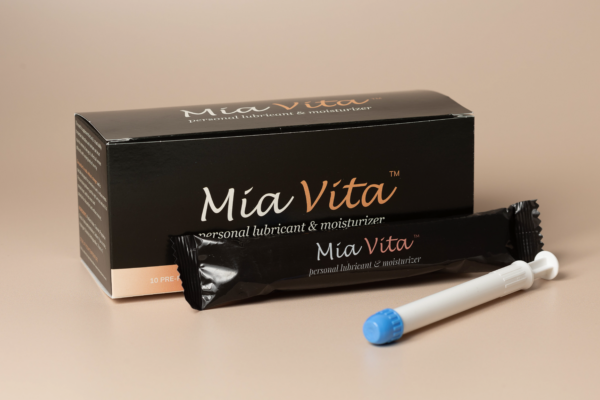
STIs are a fact of life, and though discussing them is uncomfortable, not doing so is downright dangerous. One in five people in the U.S. have a sexually transmitted infection (STI). And the numbers are climbing. In 2021, the CDC reported increasing rates of STIs for the sixth year running. To help you be prepared, we’ve compiled some of the current recommendations for effective prevention and treatment.
Effective STI Prevention and Management Starts With Candid Conversations
Your Healthcare Provider
First, find a healthcare provider who is respectful of your needs and concerns and is supportive and non-judgmental. Then, be open and honest in communicating your questions and concerns. If you feel comfortable with your healthcare provider, you’ll be less likely to put off getting tested for an STI at the earliest appearance of symptoms and your healthcare provider will be able to offer you the most effective treatment options. And early treatment is key for avoiding dangerous and/or permanent impacts to your sexual health as well as complications that can impact your general health.
By you taking action early your healthcare provider can also help your partner through expedited partner therapy, whereby, in the event that you are diagnosed with an STI your partner can receive treatment without having to go through the evaluation process.
Your Partner
Ideally, the best time to communicate with your partner/s about STIs is before having sex with them. If you use a dating app, the CDC offers a conversation badge that you can add to your profile. The Stop STIgma, Let’s Talk badge lets potential partners know that sexual health and STI awareness and prevention are important priorities for you. However, if that window has passed, any time is a good time to have the conversation. Tell you partner about your history with STIs and ask your partner about theirs.
As with your healthcare provider, establish a non-judgmental basis for communication. This way, you and your partner will feel safe and respected in expressing your needs and concerns and so that you can take the best steps to ensure the best outcome for your health and your relationship. Also consider being screened together. If one or both of you has an active or dormant STI talk about how best to manage it together for the benefit of both your and your partner’s health and safety.
If you’re in a relationship and you partner is unsupportive or there could be the possibility of an angry or violent response from your partner, plan to have the conversation in a public place where there will be a lot of other people present. If your partner has been or could potentially become physically abusive, be prepared to call law enforcement or the National Domestic Violence Hotline.
Strategies for Coping and Thriving With an STI
Finding out that you have an STI is never good news and always requires swift action and lots of decisions about your healthcare and informing your partner/s. If your infection is curable, such as chlamydia, gonorrhea, or syphilis, or bacterial vaginosis, getting onto the right medication as early as possible is imperative.
But an STI diagnosis is lifechanging if it is one that cannot be cured, such as HIV, herpes, or hepatitis. People with long-term or chronic STIs are at a greatly increased risk of experiencing depression compared to the general population. Anxiety is also more prevalent, and a study involving HIV patients found that those with higher levels of anxiety had worse health outcomes and a greater chance of transmitting the virus.
For these reasons, treating your mental and emotional health is every bit as important as getting onto an appropriate and effective infection management plan. Self-care practices like taking walks, being in nature, or nurturing yourself with good food or a luxurious bath can help reduce the stress of dealing with an STI and make it easier to stick with the protocol prescribed by your doctor. Focus on the basics of a healthy lifestyle, including a healthy diet, and plenty of good-quality restful sleep. Avoid unhealthy habits like smoking and alcohol use, as these can become even more detrimental in the context of an STI.
By reducing stress, self-care will also help control the elevated levels of immune-suppressing cortisol that go along with stress. Your body will be better able to do its part to keep infection levels low, flareups less frequent, and symptoms less severe.
Resources for counseling and support are available and there are millions of people who are going through the same or similar struggles with STIs. Whether through in-person or online support groups you can learn from others and offer help and advice from your experience.
To keep yourself and your partner/s safe and healthy, stay aware and up-to-date on STI information and practice open and honest communication.
This article is for informational purposes and is not meant to replace the advice of your healthcare provider.
FemmePharma has been helping women navigate menopause for over two decades. No matter where you are in your journey, you deserve to have knowledgeable, intimate healthcare partners to help you feel your best. Explore our other articles, podcast episodes with women’s health experts, and products to ease your transition into menopause.


